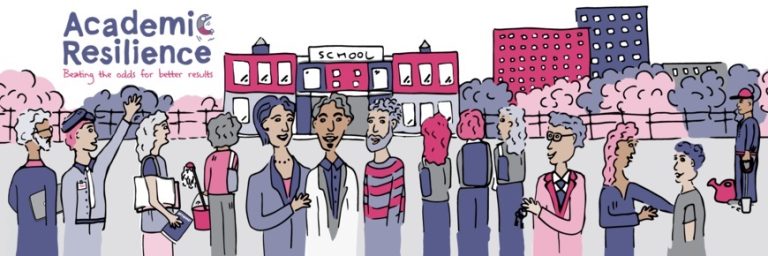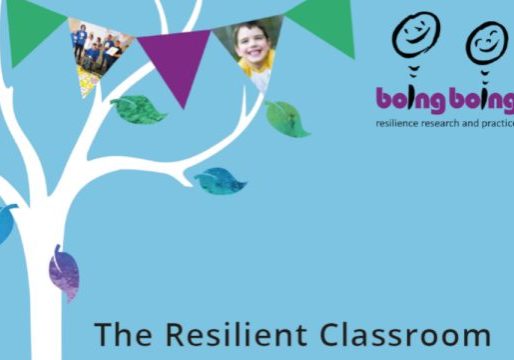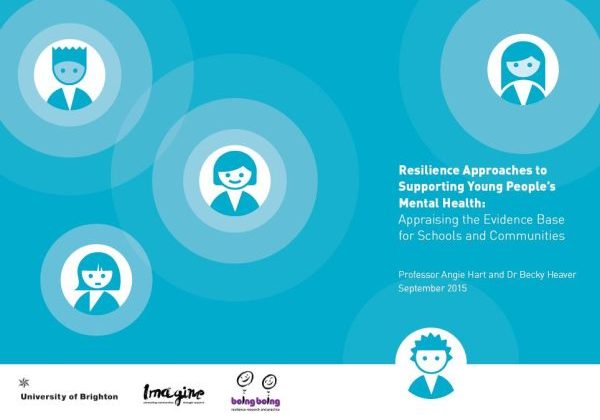Academic Resilience resources
Fostering academic resilience: A brief review of the evidence for the resilience-attainment link (doc)
Resilience Framework (pdf)
Interactive Resilience Framework – with supporting information (pdf)
Pictorial Resilience Framework for children with learning difficulties (ppt)
The Resilient Classroom (pdf) – bite-size, downloadable activities for 20 minute sessions, useful for PSHE or tutor group sessions
The Resilient Classroom – Malaysian Version (pdf) – bite-size, downloadable activities for 20 minute sessions
Resilient classroom slide pack (pdf)
Ideas for Assembly Time (doc)
Guide to resilience approaches in schools and communities (pdf)
Co-production in promoting resilience – what does this mean for schools? (pdf)
Identifying vulnerable pupils resources
Identifying a pupil’s risk and resilience factors
Pyramid of Need (ppt)
Safeguarding factsheet (doc)
School Audit resources
Resilience Zap Session Programme (doc)
Resilience Zap Presentation (ppt)
Staff Audit exercise with guidance (doc)
Questions to ask as part of the audit (doc)
Audit process overview (ppt)
Senior Leadership Team questions to ask (doc)
Staff resilience survey with guidance (doc)
School resilience survey with guidance (doc)
Pupil focus group exercise (doc)
Pupil focus group powerpoint resource (ppt)
Engaging with parents and carers resources
Parent engagement research and best practice (pdf)
Achievement for All structured conversation handbook (pdf)
LEAP guidance on structured conversations with parents for Head Teachers and school staff (pdf)
Communication tips (pdf)
Do parents know they matter? (pdf)
YoungMinds Parents Helpline – if you, parents or carers have concerns about a child’s emotional or mental health, call the parents helpline for advice and support
Commissioning services resources
Commissioning case study (doc)
Commissioning resource catalogue (pdf)
Commissioning checklist for schools (doc)
Further information and resources
Resilience Framework guidance
Boingboing resources
Short films to promote resilience approaches in schools
Get in touch
Have you been using the Academic Resilience Approach in school, or even just some of the ideas and tools? We would like to know about it. Drop us a line and we will make sure you are notified of any updates.


